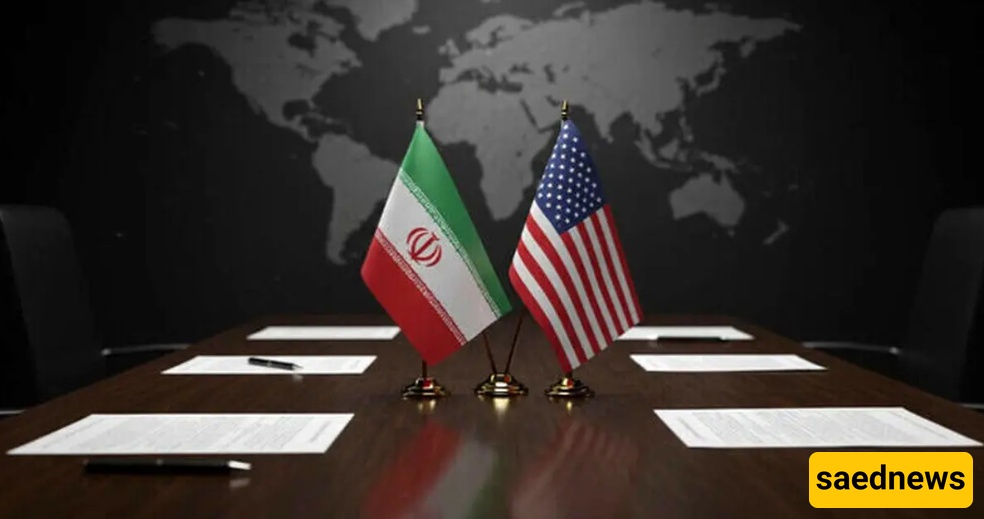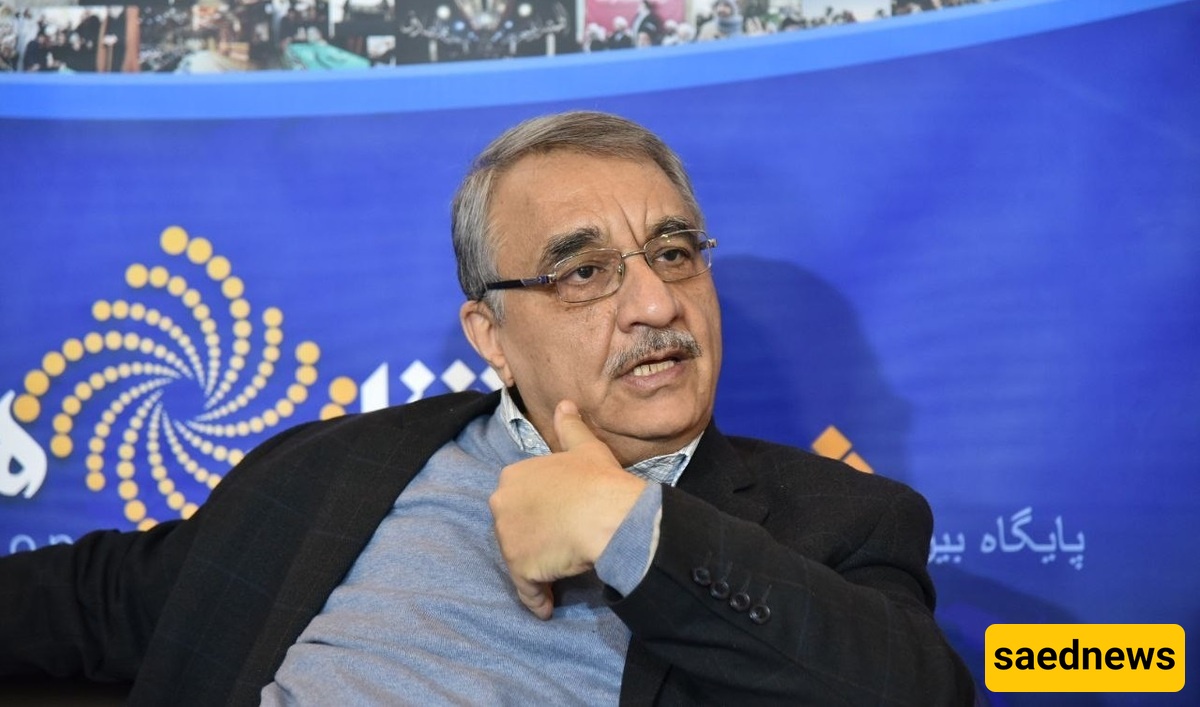SAEDNEWS: Geopolitical expert Abdolreza Faraji-Rad highlights increasing prospects for renewed Iran-US negotiations supported by mediation efforts, while noting the delicate impact of Europe’s potential activation of the nuclear dispute ‘trigger mechanism’ and recent changes in Iran’s security leadership.

According to Saed News, Abdolreza Faraji-Rad, a geopolitics professor and former diplomat, in an interview with Etemad Online, responded to a question about the possibility of talks between Iran and the US amid differing stances, Israeli maneuvers, and the simultaneous activation of the “trigger mechanism.” He stated:
“Allow me to say that efforts to hold negotiations are underway. Particularly because both the Americans and the Iranian side are interested in negotiations, and when there is mutual interest, they try to find a solution. The Iranian side has stated that previously it was already negotiating with the Americans; five rounds of talks took place, and preparations were underway for a sixth round. However, attacks at that time led to distrust. Nevertheless, indirect negotiations or talks via intermediaries have continued, and mediators have attempted to bring the positions of both sides closer together. Therefore, given the mediation efforts, the possibility of negotiations starting in the coming weeks should not be dismissed. Comparing the current situation to two weeks ago, the chance of starting talks is higher now.”

He continued, “If negotiations with the US do occur and achieve some relative progress, the activation of the trigger mechanism—which Europeans intend to enforce—will naturally have an impact. However, the Europeans are very reluctant to activate this mechanism because they fear Iran’s reaction, such as withdrawing from the Non-Proliferation Treaty (NPT) or limiting the presence of IAEA inspectors in Iran, which would be very difficult for them.”
Faraji-Rad also pointed to changes in Iran’s Supreme National Security Council, saying, “The replacement of the Secretary of the Supreme National Security Council and the appointment of Dr. Larijani in place of a military figure could strengthen Iran’s negotiation stance toward Western parties. These changes might pave the way for a new, third solution between Iran and the US.”
Regarding the predictability of negotiation outcomes, he said, “The reality is that precise predictions about the results of negotiations are impossible. Iran has set forth conditions that it cannot be said the Americans have accepted, but the American side may have shown some flexibility or even created verbal trust that indicates their readiness not to repeat past behaviors. These factors could facilitate the restart of talks. Of course, there is no guarantee negotiations will necessarily succeed, but if they begin, given the positions of both sides on enrichment and the consortium plan, a mutually acceptable solution will likely be found.”

